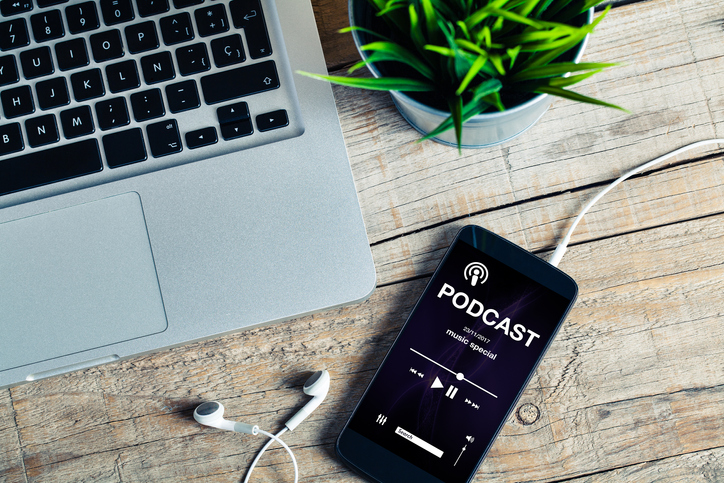The future of local television involves podcasting. Some stations repurpose newscast audio into downloadable shows while stations like WTTG in Washington have dedicated studios for creating original podcast content.
Experts predict that podcast advertising will surpass $1 billion in 2021. News content has always been popular with podcast listeners, and demand has surged during the coronavirus pandemic, the police murder of George Floyd and the 2020 election.
With outstanding writing and storytelling skills, TV journalists are well-equipped for successful podcasting and their emotional bond with regular viewers will drive interest in the show.
But execution is a problem in most podcasts. Podcasts are by nature are more conversational and spontaneous than tightly-scripted newscasts, and the best performing shows follow certain basics that you know from television that allow for that while keeping listener boredom at bay.
- Open with headlines. Podcasts lose most listeners in the first 3-5 minutes. So start fast with powerful hook headlines billboarding your content. Then give your name, the show name, and do a quick sponsor.
- Tease first, last and next. What is your best content in the episode? Place that in the first minutes of the show to capture attention. The second-best content goes at the end so you can tease listeners to stay for the whole show. As you wrap the episode, craft and deliver a strong tease for the next podcast.
- Podcast and newscast = same airtime. Your TV newscast is probably 15-20 minutes of content minus commercials. Coincidentally, the average podcast listener gives a typical show 22 minutes at most. The Daily from The New York Times runs about that length while Up First from NPR runs around 10-15 minutes.
- Pattern disruptions. Reengage your audience’s short attention span every 3-4 minutes with new voices, new topics, sound clips, music, a produced news package – and a midroll ad. Two hosts can bring more chemistry and energy than one.
- Govern interviews. Prep guests to bring 2-3 stories that highlight their subject. Open with a provocative or personal question. Make guests a part of your show, inviting them to participate in regular benchmarks. Air select clips of the conversation while offering the unedited interview on your website.

